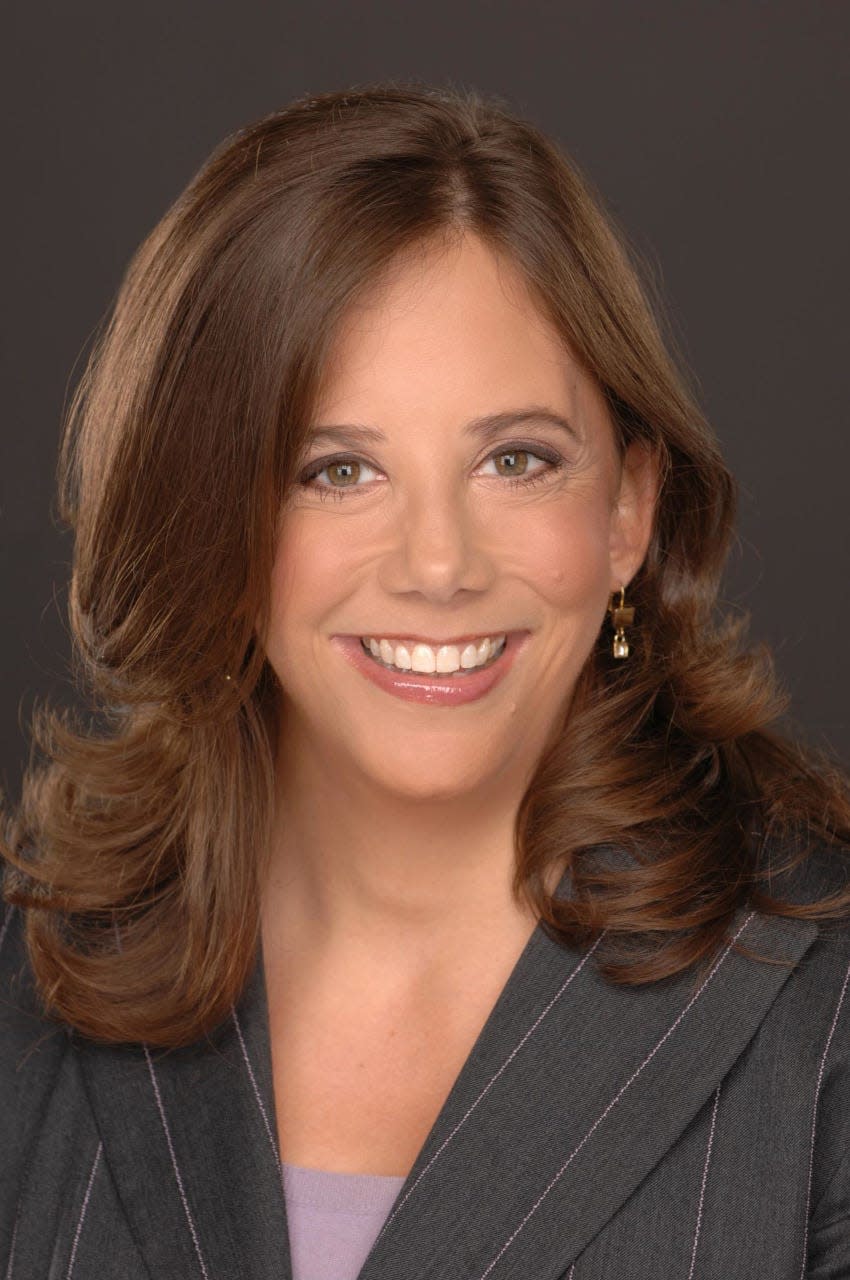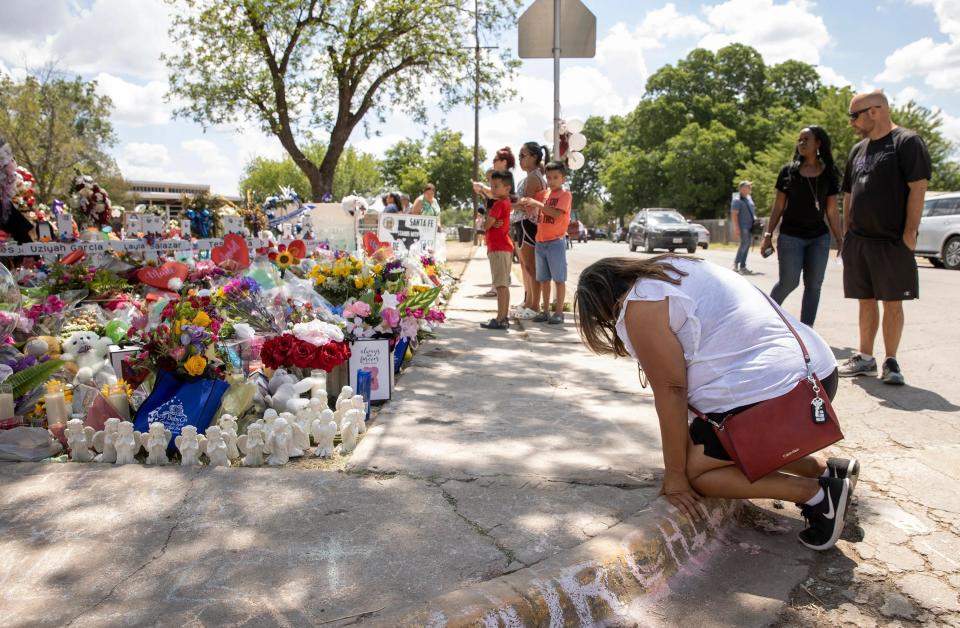Hardening schools is wrong approach | Commentary
After yet another mass shooting at an elementary school, Americans are again grieving and bewildered at the failures of Republicans in the U.S. Senate but also at security and policy failures at the local level. As an educator for more than 20 years and researcher and trainer in human rights education, I have lived, worked and taught in the shadow of the Columbine High School tragedy since the beginning of my career. Hardening schools will keep failing.
Yes, we must ban AR-15 style rifles and enact other basic gun safety laws, such as background checks. Yet, as we move forward, we need to understand that a traditional “harden the target” approach to school and community security will continue to fail. Gun control is essential and effective but not enough – we need an entire shift in thinking from traditional security to human security.
Uvalde victim's mom: Last goodbye to daughter 'will haunt me for the rest of my life': Live updates
Matthew McConaughey: calls for gun reform in White House speech: 'We have a life preservation problem'
In the wake of the massacre at Sandy Hook Elementary School, politicians focused their responses on traditional "hard” security measures. This includes millions in tax dollars for school security officers, despite the research on their effectiveness being mixed at best. Another example of hardening the target is Sen. Ted Cruz (R-TX) suggesting ensuring schools only have one entrance and exit, which would likely violate fire safety codes.

Public schools across America have long had metal detectors. Students have been issued restrictions, such as using only clear backpacks, or none at all. Our youngest students have been made to endure active shooter drills, which some recent studies suggest may themselves be traumatizing. All of these measures have clearly not stopped the carnage.
We need to rethink security and move from traditional security to “human security.” Traditional security is coercive, top down and punitive. Traditional security is reactive; it is focused on infrastructure and is often ineffective.
By contrast, human security is focused on securing teachers, staff and students. It is proactive, centered in building relationships within the school and between the school and local community. Human security is restorative, community-owned and participatory. Most importantly, human security addresses the basic human needs that are essential to our survival and thriving.
A human security approach is focused on the kinds of mass murder we witnessed in Uvalde, Texas but it is also concerned with smaller, more invisible kinds of insecurity faced by students, staff and teachers. This might include health concerns, homelessness, gun violence in the community outside of school or even abuse and assaults from those meant to protect. These concerns take us far outside of the school building.

Human security improves on traditional security by including all relevant voices. What would security look like if if those in the minority on the issue defined it? If we centered the voices of young people? What if women (the majority of our national teaching corps) lead the conversation? How would our ideas about security change? What if we put schools at the center of community life?
A human security approach would address the roots of violence within and outside schools. This involves gun control laws and mental health care but it also involves empowering communities to meet their social, economic, educational and other needs. By expanding how we think about security and moving from a traditional security approach to a human security approach, we can finally do more than just try to respond to the next tragedy as we watch it unfold.
Cheryl Lynn Duckworth, Ph.D., is a professor of peace education and conflict resolution at Nova Southeastern University in Fort Lauderdale.
This article originally appeared on Palm Beach Post: School security requires community healing, not just gun control

